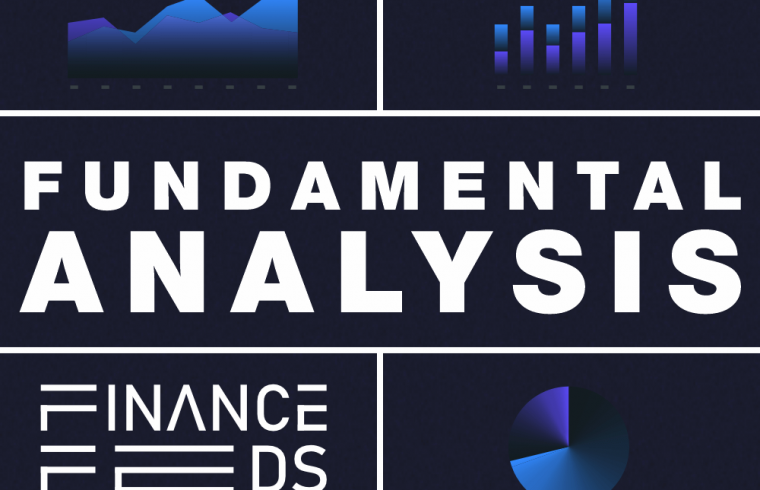The US dollar weakens due to slowing economy, uncertain Fed policy, and global tensions, causing investors to seek safety in gold and other havens.
US Dollar Weakens as Economy Shows Signs of Slowdown: The US Dollar Index (DXY) has been tumbling since the release of the disappointing US ISM Services PMI data. This key economic indicator, which measures activity in the service sector, revealed slower-than-expected growth in March. This suggests a potential cool-down in the US economy, which is a turn-off for investors seeking stability and growth. A weaker dollar makes US-based investments less attractive, further pressuring the greenback. The dollar’s decline is likely compounded by factors like a widening US trade deficit and mounting federal debt.
Fed in a Holding Pattern as Gold Reaches New Highs: The Federal Reserve’s future monetary policy path remains unclear. Hawkish policymakers prioritize curbing inflation and advocate for maintaining or even raising interest rates. They believe tighter monetary control is necessary to prevent the economy from overheating. However, dovish members are concerned about the recent economic slowdown and argue for potential rate cuts in the coming months. This policy divergence within the Fed creates market confusion as investors grapple with the direction of future interest rates. In the meantime, gold is on a tear, recently reaching record highs. This flight to safety reflects investor anxieties about the slowing economy and the lack of clear direction from the Fed.
Geopolitical Tensions Stoke Demand for Safe Havens: Geopolitical tensions in Eastern Europe, particularly the ongoing conflict between Russia and Ukraine, and simmering unrest in the Middle East are driving investors towards safe-haven assets. Gold, traditionally a hedge against inflation and uncertainty, has witnessed a surge in demand, recently hitting new highs. Investors are also seeking refuge in other safe havens like the Japanese Yen and US Treasuries, pushing their yields down. These geopolitical flashpoints raise concerns about disruptions to global supply chains and energy markets, further fueling investor anxiety and the flight to safety. This surge in demand for gold is a direct consequence of the current geopolitical climate.
Economic Highlights:
Wednesday, April 3rd:
- HIGH:Fed Chair Powell Speech (4:10 PM EDT) – This is likely to be the most market-moving event of the week as investors will be looking for clues about the Fed’s monetary policy plans.
Thursday, April 4th:
- HIGH:Swiss Consumer Price Index (YoY) (6:30 AM EDT) – This report will provide insight into inflation levels in Switzerland, which could impact the Swiss National Bank’s monetary policy.
- HIGH:Canadian Employment Report (includes Unemployment Rate, Net Change in Employment) (12:30 PM EDT) – This report is closely watched as a gauge of the health of the Canadian labor market.
- MEDIUM:ECB Monetary Policy Meeting Accounts (11:30 AM EDT) – These minutes will reveal the discussions and thought processes behind the ECB’s latest monetary policy decisions.
- MEDIUM:US Initial Jobless Claims (12:30 PM EDT) – This report provides a timely snapshot of the US labor market.
- HIGH:US Nonfarm Payrolls (12:30 PM EDT) – This is a key indicator of the health of the US labor market and can significantly impact financial markets.
Friday, April 5th:
- HIGH:Australian Trade Balance (12:30 AM EDT) – This report shows the net difference between Australia’s exports and imports, impacting the Australian dollar (AUD).
- HIGH:US Average Hourly Earnings (MoM & YoY) (12:30 PM EDT) – This data point shows how much wages in the US are growing, which can influence inflation and the Fed’s policy decisions.
The subject matter and the content of this article are solely the views of the author. FinanceFeeds does not bear any legal responsibility for the content of this article and they do not reflect the viewpoint of FinanceFeeds or its editorial staff.
The information does not constitute advice or a recommendation on any course of action and does not take into account your personal circumstances, financial situation, or individual needs. We strongly recommend you seek independent professional advice












